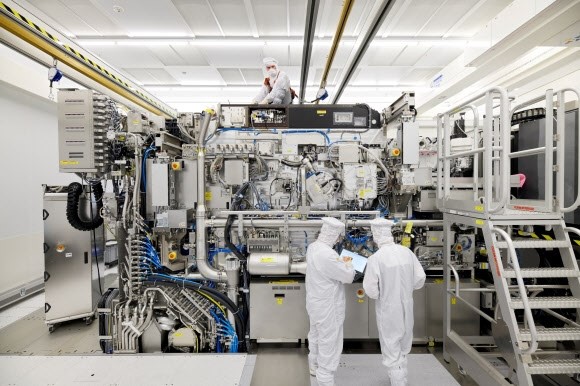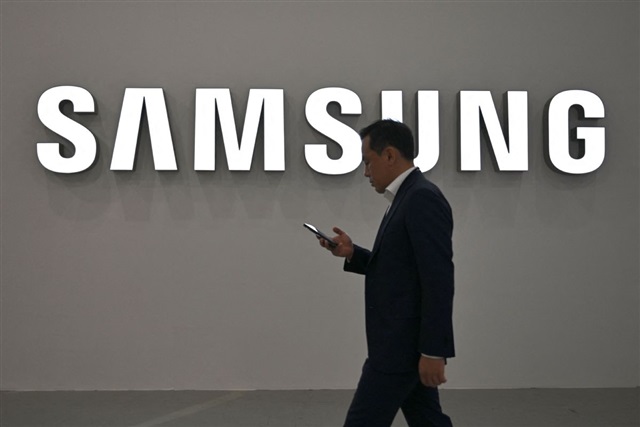
Japan's Ministry of Finance reported on the 20th that the country's semiconductor equipment export value to China surged by 61.6% last month, reaching 179.9 billion yen (1.6815 trillion won or $1.29 billion). This significant increase in exports highlights the ongoing demand for advanced semiconductor manufacturing equipment in China, despite the backdrop of U.S. sanctions aimed at curbing China's technological advancements.
The total weight of Japanese equipment exported to China last month was 6,742 tons, marking a 41% increase from the previous month. Machinery and equipment account for 23.2% of Japan's total exports to China, with semiconductor equipment making up 11.9% of that. This surge underscores Japan's critical role in the global semiconductor supply chain, providing essential technology and materials for semiconductor manufacturing.
In parallel, Dutch company ASML, a leading supplier of photolithography machines, also saw its export value to China grow. In the second quarter of this year, ASML's export value to China increased by 21% from the previous quarter, reaching 2.3 billion euros (3.47 trillion won). ASML's advanced lithography equipment, particularly its Extreme Ultraviolet (EUV) lithography machines, are crucial for producing semiconductors with features smaller than 7 nanometers.
Amid these developments, China's "Shanghai Microelectronics (SMEE)" has applied for a patent for an "Extreme Ultraviolet (EUV) Radiation Generator and Lithography Equipment." This move is seen as an effort to break the monopoly held by ASML and to advance China's capabilities in semiconductor manufacturing. The South China Morning Post commented, "This is a good example of how Chinese semiconductor companies can expand their advanced equipment market despite U.S. sanctions."
The U.S. Deprtment of the Treasury held an "Economic Working Group" meeting in China on the 19th and 20th to convey concerns about China's overproduction. This meeting reflects the ongoing trade tensions between the U.S. and China, particularly in the tech and semiconductor sectors. There is speculation that the U.S. and Japanese governments may introduce additional policies related to semiconductor technology export restrictions to China.
The potential for rising sanctions against China has raised concerns about possible disruptions in the global semiconductor supply chain. China could retaliate by blocking the export of essential minerals for semiconductor manufacturing, such as gallium and graphite. Such a move could have significant repercussions for companies worldwide, including South Korean giants like Samsung Electronics, which could face disruptions in semiconductor production.
Stay up to date with the latest in industry offers by subscribing us. Our newsletter is your key to receiving expert tips.

Samsung is reportedly evaluating a potential European semiconductor expansion alongside its South Korea and US manufacturing base, as the region tightens local production requirements and Germany seek

Given frequent price increases across precious metals, wafer foundry services, and packaging and testing, Infineon's announcement of price increases is very telling for the market. The company wil

Nvidia has recently signaled to Samsung Electronics that it hopes to secure early deliveries of sixth-generation high-bandwidth memory, known as HBM4. At the same time, as memory makers devote an incr